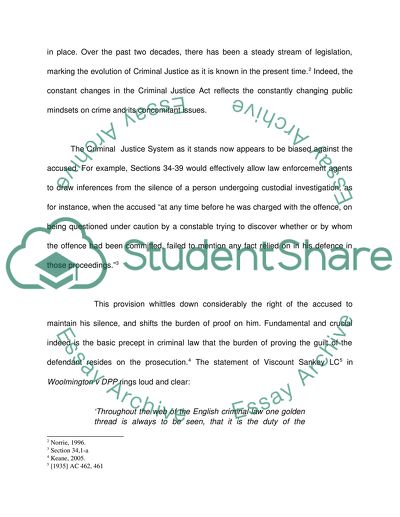Cite this document
(“Legal Systems in the Civilized World Essay Example | Topics and Well Written Essays - 1500 words”, n.d.)
Retrieved from https://studentshare.org/miscellaneous/1501901-legal-systems-in-the-civilized-world
Retrieved from https://studentshare.org/miscellaneous/1501901-legal-systems-in-the-civilized-world
(Legal Systems in the Civilized World Essay Example | Topics and Well Written Essays - 1500 Words)
https://studentshare.org/miscellaneous/1501901-legal-systems-in-the-civilized-world.
https://studentshare.org/miscellaneous/1501901-legal-systems-in-the-civilized-world.
“Legal Systems in the Civilized World Essay Example | Topics and Well Written Essays - 1500 Words”, n.d. https://studentshare.org/miscellaneous/1501901-legal-systems-in-the-civilized-world.


